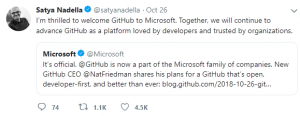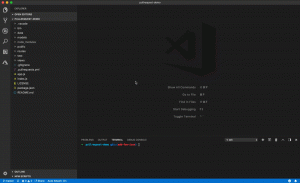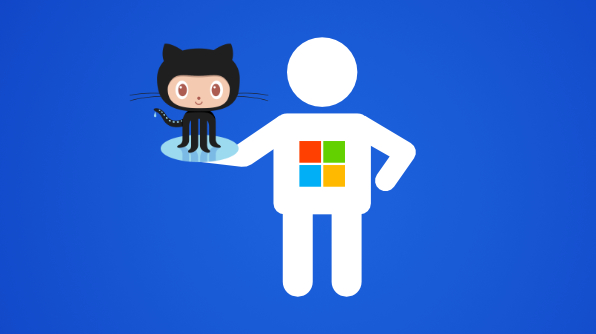At the end of October, Microsoft completed its $7.5 billion USD acquisition of GitHub, the enormously popular code-hosting website home to 96 million repos (and counting), in a move to engender a closer relationship with developers who do not use Microsoft’s innumerable platforms, technologies, and services.

Microsoft CEO Satya Nadella Tweeting About the Completion of the GitHub Acquisition. Source: Twitter.
As we mentioned in August, this raised many questions across the software industry concerning what influence Microsoft’s ownership would have over GitHub and its product. Though it’s much too soon to tell, Microsoft CEO Satya Nadella and GitHub’s new CEO Nat Friedman continue to assure GitHub veterans that the product’s independence will be preserved. On The GitHub Blog, Friedman reiterated two points from the acquisition announcement:
- GitHub will operate independently as a community, platform, and business. This means that GitHub will retain its developer-first values, distinctive spirit, and open extensibility. We will always support developers in their choice of any language, license, tool, platform, or cloud.
- GitHub will retain its product philosophy. We love GitHub because of the deep care and thoughtfulness that goes into every facet of the developer’s experience. I understand and respect this, and know that we will continue to build tasteful, snappy, polished tools that developers love.
Beyond these high-level sentiments, industry analysts were certain that the acquisition would result in greater integration between Microsoft platforms and products and GitHub. One such feature that was teased at the acquisition announcement was GitHub’s integration with Visual Studio Code, and sure enough, users can now fully work with GitHub pull requests from within the IDE.

GitHub Pull Requests Extension in Visual Studio Code. Source: Marketplace.VisualStudio.com.
New GitHub features within Microsoft products are great, but the ultimate goal of the acquisition is to introduce more developers to Microsoft’s offerings. As of Sept. 30, 2018, GitHub is home to more than 96 million repos supported by more than 31 million developers, and a significant portion of those repos are open-source projects. As CEO Satya Nadella has continued to maneuver Microsoft toward being more open and welcoming to open-source initiatives, the new relationship between Microsoft and GitHub means more open-source developers will be exposed to Microsoft technologies, especially its Azure cloud platform, which has become an earnings leader for the company.
If you’re a longtime GitHub user, let us know what you think of the acquisition in the comments below, or on Twitter or Facebook. If you’re a longtime Microsoft user and a GitHub noob, check out our GitHub Succinctly ebook to get started!
